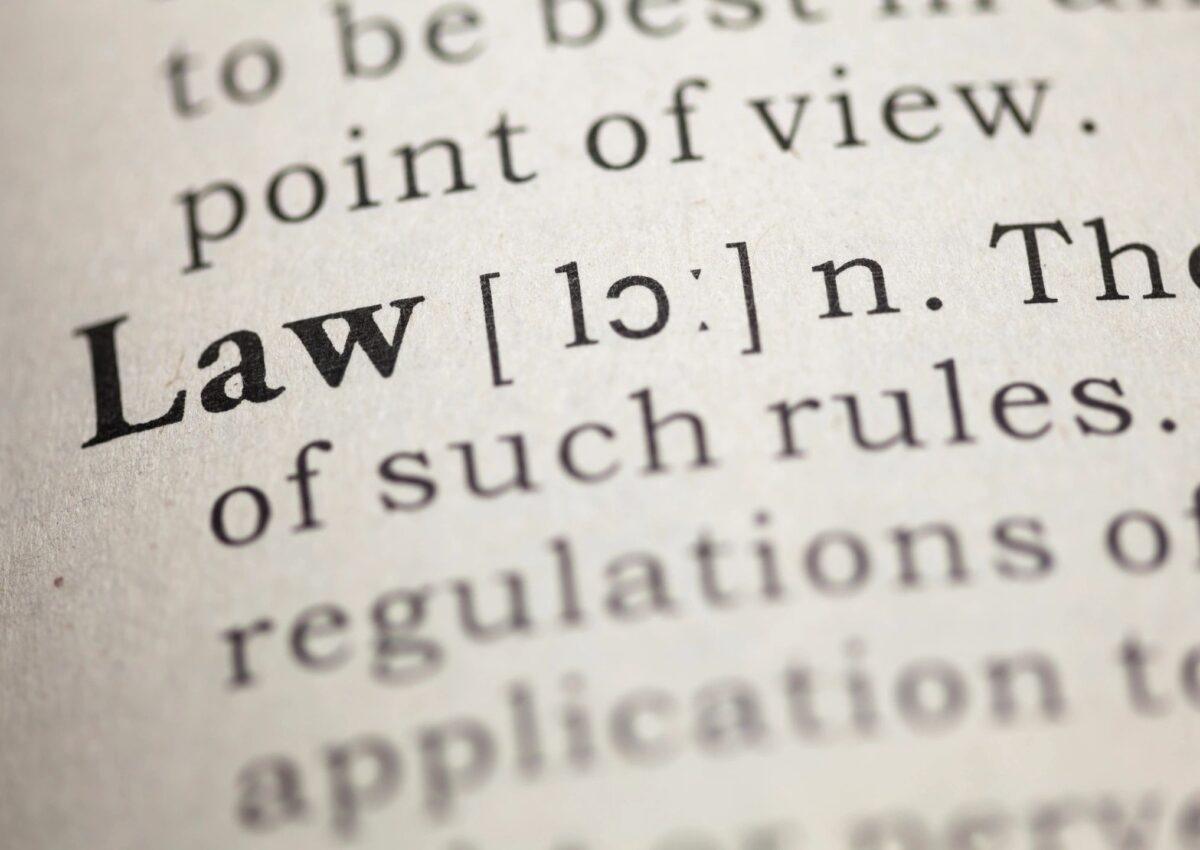
In California civil litigation, defamation occurs when one party makes a false statement about another that harms their reputation. Defamation can be in the form of libel (written or published defamation) or slander (spoken defamation). To prove a defamation claim, the plaintiff must show that the defendant made a false statement of fact (not opinion) about them, the statement was made to a third party, and the statement caused harm to the plaintiff’s reputation or standing in the community. Additionally, if the plaintiff is a public figure, they must also prove that the defendant made the statement with actual malice, meaning the defendant knew the statement was false or acted with reckless disregard for the truth.
In California, the plaintiff must demonstrate that the defendant’s statement was defamatory, and that it was made with fault—either negligence or, in the case of public figures, actual malice. If the statement involves a matter of public concern, the defendant may have a defense based on the First Amendment right to free speech, and the plaintiff will need to show that the statement was made with a high degree of fault. Defamation claims can be complex due to these thresholds, and damages can vary. Plaintiffs may be entitled to compensatory damages for actual harm to their reputation, emotional distress, and lost opportunities, and in some cases, punitive damages may be awarded if the defendant acted with malice or a high degree of recklessness.
Visit: https://inlandempirelitigation.com/
Law Offices of James R. Dickinson – 909-848-8448
How To Schedule A Consultation:
Please call us at 909-848-8448 to schedule a free consultation/case evaluation or complete the form immediately below. [Please note certain formalities must be completed to retain the Law Offices of James R. Dickinson, such as the signing of a legal fee agreement [see “Disclaimers”]].
